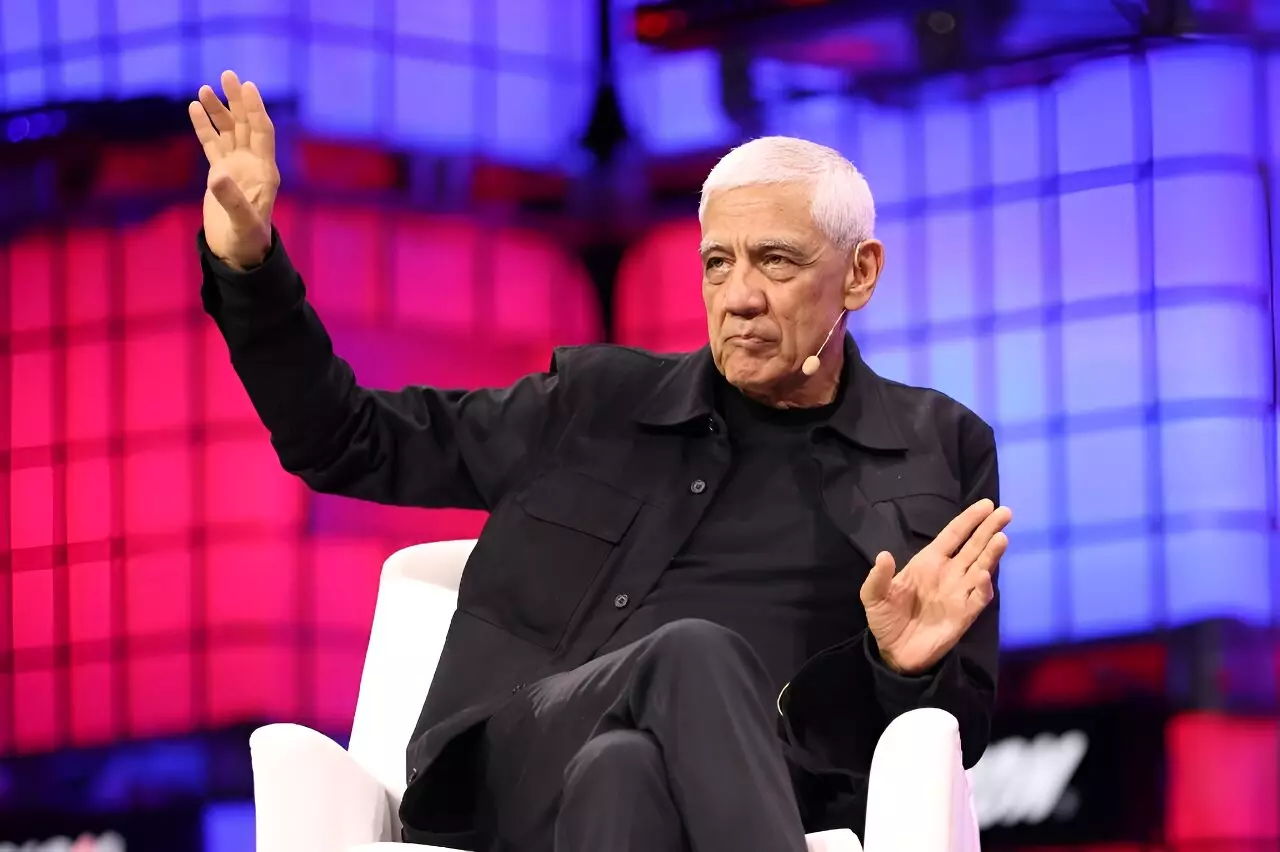Artificial Intelligence (AI) has become a dominant force in the tech industry, with Nvidia emerging as a leader in the field. However, as new entrants seek to stake their claim in the AI bonanza, questions arise about the future of the industry and who will shape it.
Nvidia, known for producing processors essential for training generative AI’s large language models, has recently claimed the title of the world’s biggest company. Its success has not only propelled the company to the forefront of Big Tech but has also lifted the stock valuations of other tech companies like Oracle, Broadcom, and HP.
Despite the excitement surrounding AI and its potential, startups looking to make their mark in Silicon Valley face challenges in innovating. Existing model makers like OpenAI, Google, and Anthropic dominate the field, making it difficult for new players to compete directly with them. As Mike Myer, CEO of Quiq, stated at a tech conference, starting a foundational AI company at this stage may not be a viable opportunity.
One area that presents an opportunity for new entrants in the AI industry is chip design. With AI requiring more specialized processors, companies like Groq have emerged to meet this demand. Groq focuses on building chips for AI deployment, offering a different specialization than Nvidia’s GPUs, which excel in AI training. According to Groq CEO Jonathan Ross, Nvidia’s dominance in training does not guarantee superiority in all aspects of AI.
In addition to chip design, there is a growing demand for highly specialized AI that can provide expertise based on proprietary data. Companies like Cohere are capitalizing on this trend by offering specifically tailored models to businesses that are cautious about AI’s potential risks. CEO Aidan Gomez emphasizes the importance of building trust with enterprises and ensuring the reliability and security of AI technology.
As the AI industry continues to evolve, it is clear that there are opportunities for new players to challenge the dominance of established giants like Nvidia. By focusing on innovation, specialized chip design, and highly tailored AI solutions, companies can carve out their niche in this competitive landscape. The future of AI will be shaped by those who are willing to push the boundaries of technological advancement and redefine the industry standards.
While Nvidia may currently hold the throne as the world’s biggest AI company, the industry is ripe for disruption. With a focus on specialization, innovation, and trustworthiness, new entrants can challenge the status quo and pave the way for a more diverse and dynamic AI ecosystem. The future of AI is not set in stone, and those who are willing to think outside the box will undoubtedly leave their mark on this rapidly evolving industry.


Leave a Reply